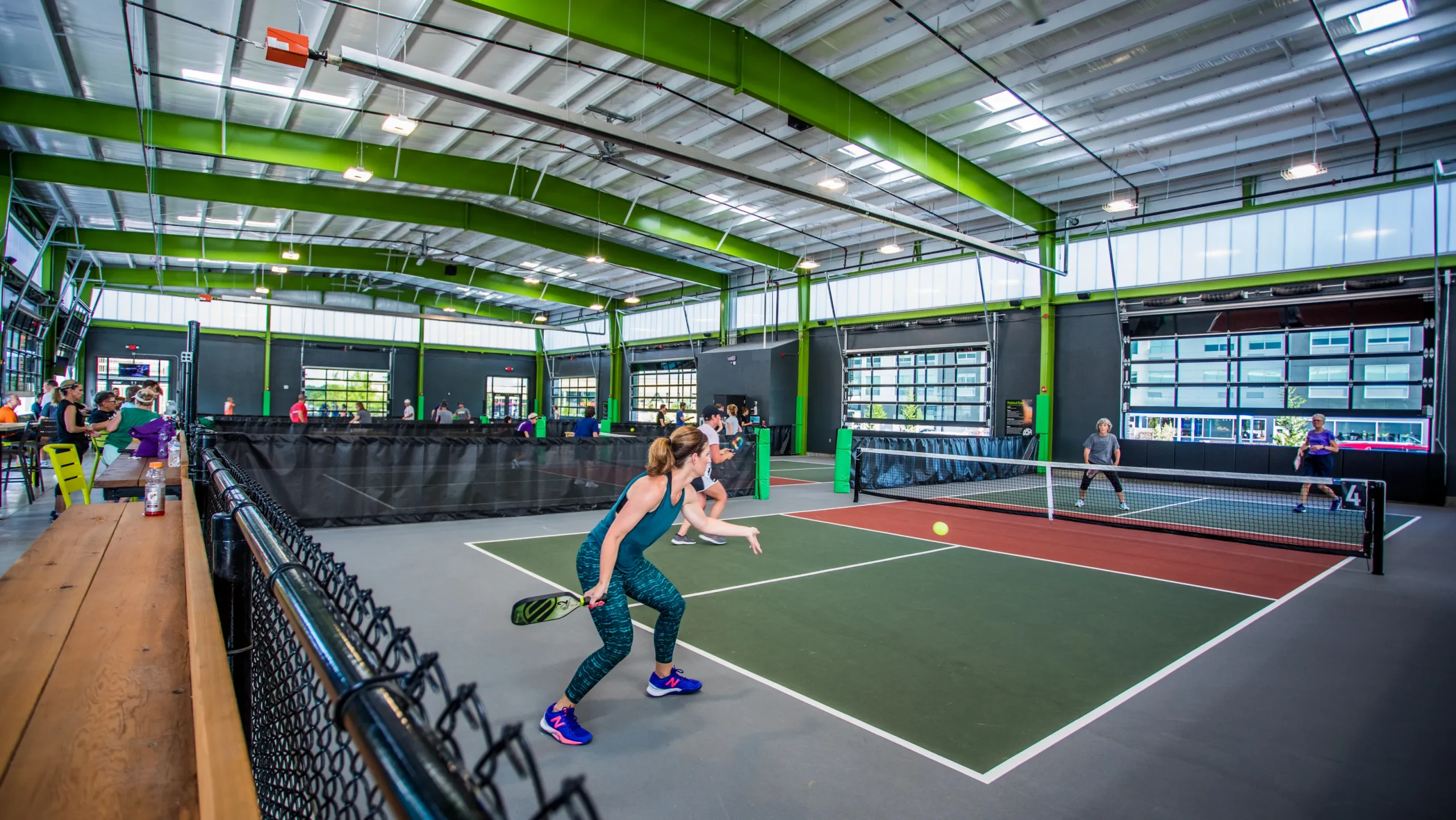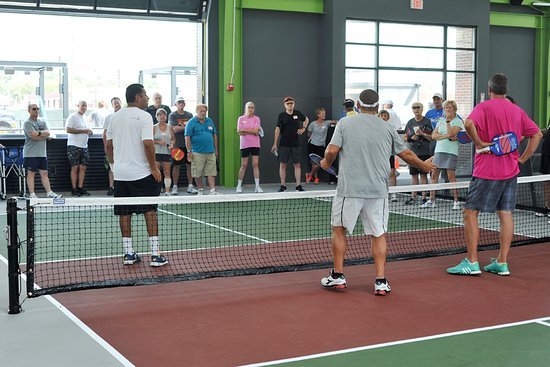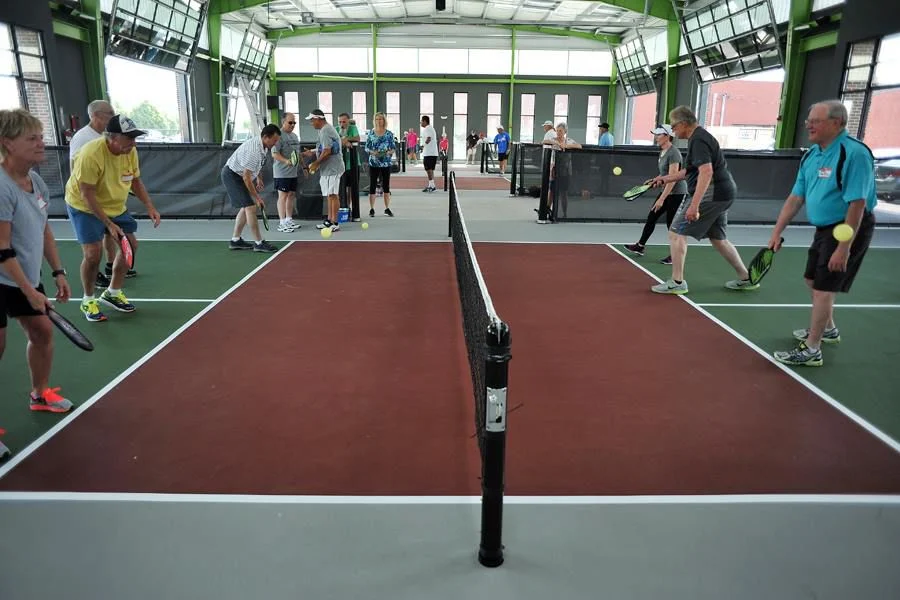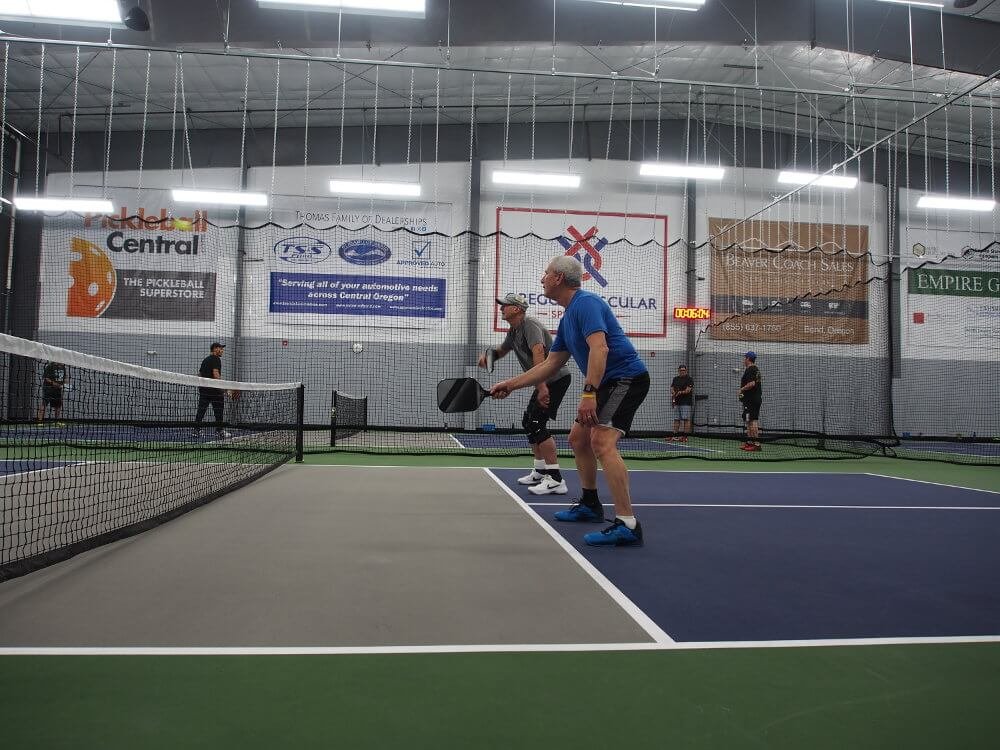Pickleball Club in Burlington
- info@pickleballclub.ca
Pickleball Is Expanding. Tennis Is Mad.
From New York to Hawaii, weekend athletes and government officials are taking part in a battle that goes beyond the fight for court space.
Charlie Dulik and Michael Nicholas, tennis enthusiasts in Brooklyn, have lately been consumed by another racquet sport: pickleball. They have no interest in joining those who have taken up the game in recent years. Rather, they have been following pickleball’s increasing popularity with a mixture of disbelief and outrage.
Mr. Dulik, a tenant organizer, and Mr. Nicholas, an urban planner, are the founders of Club Leftist Tennis, a Substack newsletter that covers their favorite sport through a progressive lens. In a recently published manifesto, “Against Pickleball,” they called for tennis players to “oppose the gangrenous spread of pickleball at every turn.”
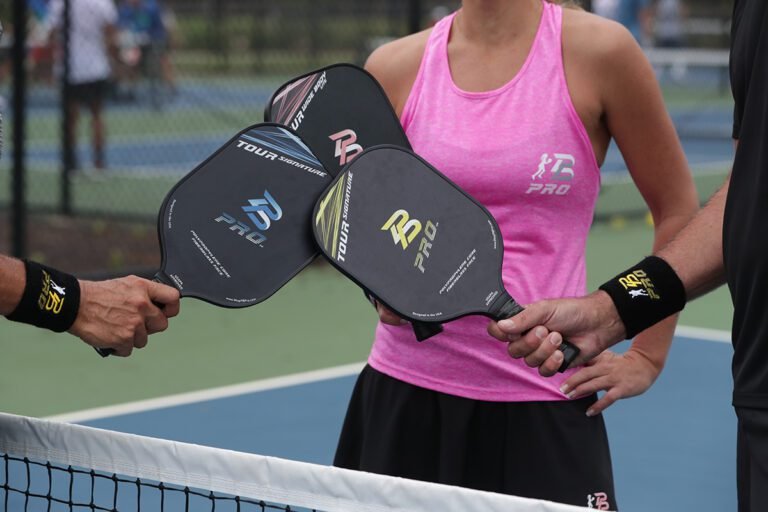
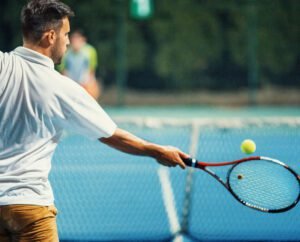
Mr. Dulik, 27, and Mr. Nicholas, 28, adopted a semisatirical tone in their essay. But they are serious about their disdain for pickleball, a combination of badminton, Ping-Pong and tennis played with a small paddle and a hard plastic ball. Indeed, the two are participants in a cultural battle now playing out from New York to Hawaii, as pickleball players seek places to play and tennis players defend their ground.
When officials in Asheville, N.C., submitted plans to convert the three tennis courts in Murphy-Oakley Park into eight pickleball courts, tennis players rebelled. In Arizona, there was so much bad blood between the two factions that a law firm provided guidance to homeowners’ associations on how to avoid lawsuits. Tennis players in Hawaii complained that the organizers of the Pacific Rim Pickleball Cup had created a potential safety hazard on the courts because of the “gooey adhesive” they had left behind after they laid out pickleball lines with yellow tape.
When pickleball players in Exeter, N.H., petitioned to convert three of the town’s eight public tennis courts, tensions flared at a town meeting in what one resident called “The Great Tennis v. Pickleball War of 2022.” Martina Navratilova, the winner of 59 Grand Slam tennis titles, weighed in on the kerfuffle in Exeter: “I say if pickleball is that popular let them build their own courts,” she said on Twitter.
Tennis advocates have expressed irritation at the spate of reports chronicling the sport’s rise. “Is the Next Great Pastime Pickleball?” New York magazine asked, shortly before an NPR article called it “America’s fastest-growing sport.” The New Yorker weighed in with a story titled “Can Pickleball Save America?”, and The New York Times asked in a headline: “Why Is Pickleball So Popular?”
Mr. Dulik bemoaned the media reception. “It’s always the exact same phrases: ‘Pickleball is much more accessible and fun than tennis’; ‘Pickleball is the fastest growing sport,’” he said. “I’m cringing at being sold something so blatantly.”Mr. Dulik bemoaned the media reception. “It’s always the exact same phrases: ‘Pickleball is much more accessible and fun than tennis’; ‘Pickleball is the fastest growing sport,’” he said. “I’m cringing at being sold something so blatantly.”
Read full article here
Steven Kurutz is a reporter in the Style department. He has written about Boyd's of Philadelphia, the last great men's clothing store; the Sock Queen of Alabama; David Bowie's invisible life in New York; a filmmaker who documents dead malls; and Matthew McConaughey's unique brand of zen, among many other stories
| M | T | W | T | F | S | S |
|---|---|---|---|---|---|---|
| 1 | ||||||
| 2 | 3 | 4 | 5 | 6 | 7 | 8 |
| 9 | 10 | 11 | 12 | 13 | 14 | 15 |
| 16 | 17 | 18 | 19 | 20 | 21 | 22 |
| 23 | 24 | 25 | 26 | 27 | 28 | |
Join Waitlist
Contact us
- info@pickleballclub.ca
SUBSCRIBE
We are working hard to bring the first dedicated pickleball club to Burlington. subscribe to get the latest updates
- The Pickleball Club - Copyright
- info@pickleballclub.ca

